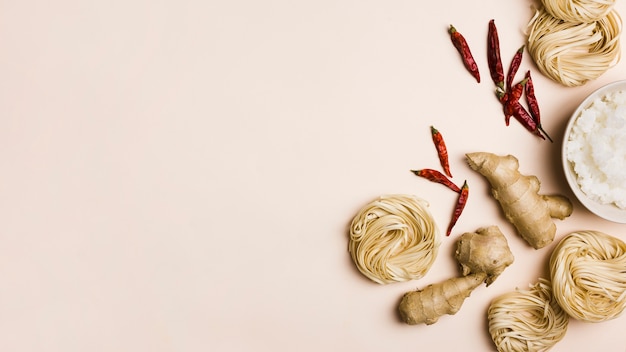
If you’re not hearing a lot about adaptogens yet, you probably will soon. These natural substances have been around for centuries, primarily in traditional Indian and Chinese medicine, but they’re now making a big splash in the wellness world. They’re popping up in more and more products, and social media is full of “adaptogen recipes.” So, let’s dive in and answer the big question: do adaptogens really work?
Depending on who you ask, adaptogens are either magical or just another health trend. There are various adaptogens, each claiming to help with different things, but the common theme is that they help manage stress—both physical and mental. Some might even help your body maintain balance, also known as homeostasis.
These plants have been used for centuries in China and India for their health benefits. You can take them as supplements, but they’re also available in some foods and teas. One major claim is that they help your body stay balanced, which we’ll delve into more when we look at various studies that have tested their benefits in different situations.
Let’s start with what stress is and its role in early human evolution. Back then, stress was usually short-lived—like running from a dangerous animal. Today, however, stress is constant, and we rarely get a break. Adaptogens are said to help your body handle long-term stress by keeping you balanced. They supposedly work by affecting your hormone production through interactions with the sympathoadrenal system and the hypothalamic-pituitary-adrenal axis. Scientists are still figuring out exactly how adaptogens work, but many studies suggest they do have an effect.
People are just now learning about adaptogens, and like many health trends, it’s easy to be skeptical. However, adaptogens are not new, and there’s already been a lot of research on them. Cultures around the world have used these herbs for ages.
So, what does the research say? A 2010 study by Alexander Panossian and Georg Wikman in Sweden looked at how adaptogens affect the central nervous system. They found some interesting history, like how the Soviets studied Schisandra Chinensis as a stimulant during World War II. Other countries also experimented with adaptogens, focusing on their use by pilots and submariners. The study concluded that adaptogens do have a “stress-protective effect” by regulating homeostasis, meaning they help your body stay balanced.
In 2015, a small study in India by Swati Dongre, Deepak Langade, and Sauvik Bhattacharyya focused on women’s sexual health. Women aged 21 to 50 who took ashwagandha reported less sexual dysfunction after eight weeks, with no adverse effects noted. Another study by the same researchers found that ashwagandha root extract significantly increased muscle mass and strength in young men during resistance training. These men also experienced less muscle damage compared to those who took a placebo.
So, what can we conclude today? This supposedly new trend of adaptogens is actually quite old, and many of them seem to work. However, as with any herbal extract or supplement, more research is needed to prove the effectiveness of some lesser-known adaptogens.